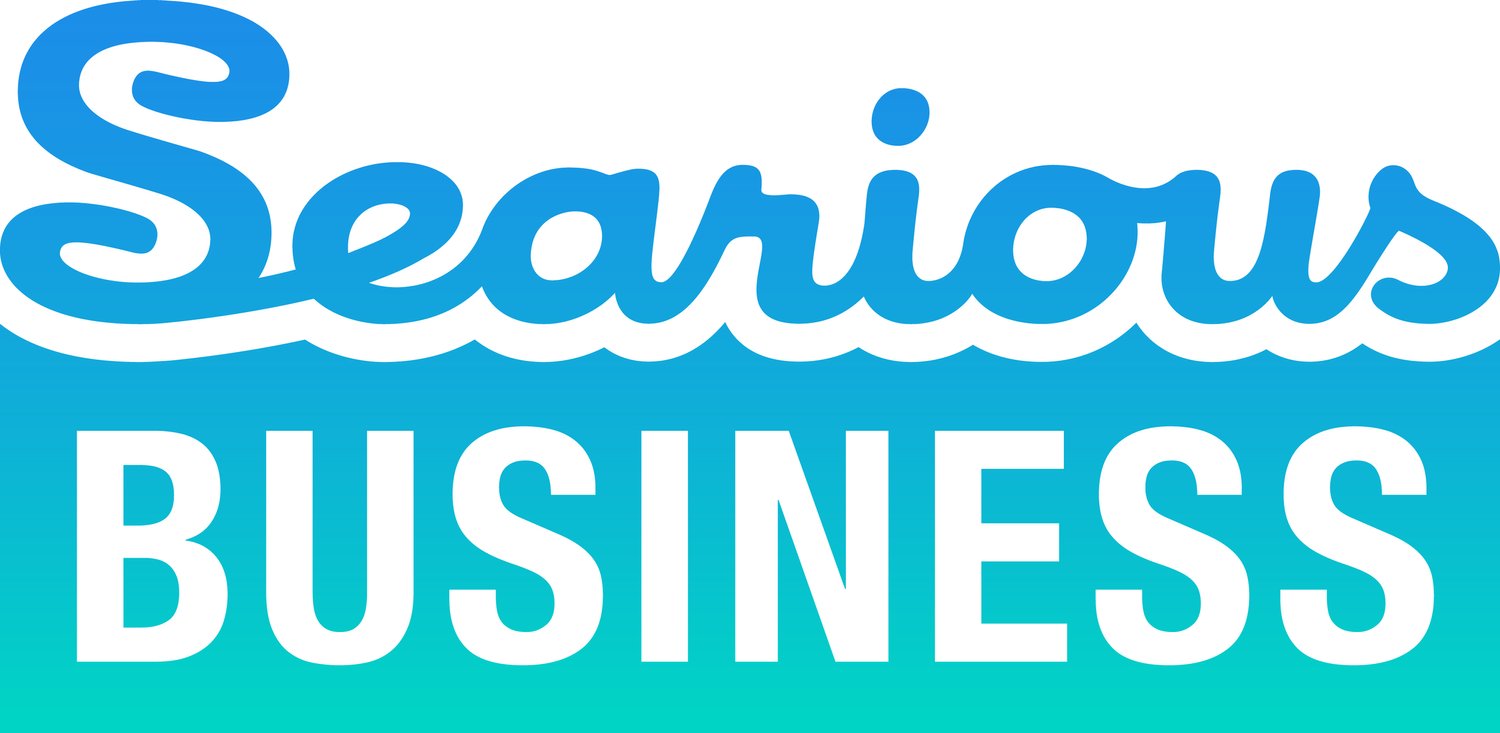The Source of Pollution is the Source of Solution
Remember the photo of a seahorse clutching a floating cotton swab? Or the viral video of a turtle in Costa Rica having a straw painfully removed from his nose?
We all remember these images. The world saw them and stopped in its tracks. That turtle inspired millions into action. He started a revolution.
But now it’s time to say NO MORE TURTLES!
I imagine you’re confused. Of course, I don’t mean it. We need lots of turtles. Many, many, healthy, happy turtles. But we have to stop using their image to hang our messaging on. This turtle sparked a revolution, but he’s had his 15 minutes. Now it is time for us to nurture that flame of dissent and turn it into a forest fire of systemic change. And I believe that starts with business.
Business is the Catalyst of Change
The public can only do so much on its own. They’ve bought their reusable shopping bags, their refillable water bottles, they’ve stopped using plastic straws – now what? Individual customers are dependent on high street suppliers. They can only buy what is made available to them.
If we’re not offered a way to collect our waste, we can’t recycle. Willemijn Peeters, CEO of Searious Business, agrees. “Individuals cannot bear the responsibility. If you bring plastic to market, you are responsible for what happens to it” The people who control the means of production need to change to drastically impact plastic pollution. But businesses don’t speak turtle. They speak profit.
People-Planet-Profit?
People often say emotions have no place in business, but businesses are made up of humans with human emotions. Emotions colour everything, but at the end of the day, companies need to grow to survive.
No business was built to waste money or resources. Unfortunately, so many are stuck in this traditional linear model that they can’t see any other way. They must be shown that turning circular can still provide plenty of growth opportunities. In fact, the circular economy could offer a $4.5 trillion economic opportunity by reducing waste, stimulating innovation and creating employment.
Sustainability is a sustainable business practice precisely because it is profitable. Research from Oxford University shows a strong correlation between sustainability and economic success.
Businesses that manage to implement robust ESG into their business model will be rewarded with deeper customer engagement, attract the most motivated employees and increase profits. By closing the loop on plastic, you can secure against supply chain disruption and identify additional sources of revenue.
CSR vs CSV
The turtle revolution caused an outcry from the public and also among senior executives, who, believe it or not, also have a heart. Many of the biggest corporations and the biggest polluters in the world are also behind the most ambitious Corporate Social Responsibility targets. The problem with CSR is that it relies on well-meaning directors.
It concentrates on philanthropy and doing less harm in response to external pressures, not as an integral part of a company’s objectives. It is seen as a justifiable cost, a sacrifice, not an investment or an opportunity. Instead, we should talk about CSV, Creating Shared Value, as illustrated by business strategists Kramer and Porter in their Harvard Business Review article
CSV centres on the idea that it is in everyone’s interests to be more sustainable. It should be considered a strategic priority, accelerating innovation and maximising profits. If it’s done well and in time, it will give the company a competitive edge. Fortune favours the brave.
Activists or Activators
Philanthropists will not save the ocean, and neither will the activists. So maybe we have to stop focussing on activism. Stop prioritising and funding clean-up projects.
Stop with the plastic offsets. Stop with the greenwashing. Stop with the awareness – we’re aware! It’s all just a distraction from the real issue – plastic production. While we’re busy with all the noise, and the charity, plastic continues to stream out from factories all over the world. We must close the tap. A message confirmed by the UNEP 5.2 resolution in March and echoed by leaders at the United Nations Ocean Conference in Lisbon.
For that, we need unison and power. The power of consumer pressure, the power of governmental lobbyists, and even the power of greedy money-making multi-national brands. We need both activists and activators—people who instigate change from within. We must stop thinking of plastic producers as the bad guys. It’s just business. It must be shown that preventing plastic pollution is also good business.
Because the source of pollution will be the source of solution.
Searious Business is a social enterprise committed to realising systemic change regarding plastic waste. Creating innovative, economically advantageous front-end solutions, Searious Business collaborates with companies and organisations to encourage the circular economy for plastics and strategically reduce impact on ocean ecosystems.

